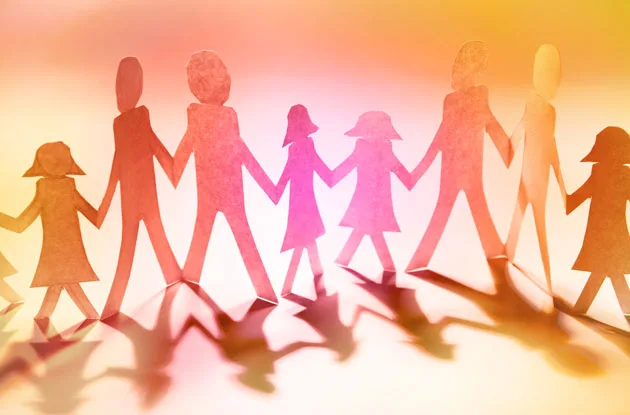There are countless studies that cite the health and safety issues of playing too many video games, from headaches and obesity to violence. And now the World Health Organization (WHO) is taking a stance by listing ‘gaming disorder’ as a mental health condition in an update to the International Classification of Diseases, according to the World Health Organization.
The move, announced on Monday, citescompulsively playing video as a new mental health condition. The WHO says the classification is meant to help governments, families, and healthcare providers be more vigilant and identify at-risk individuals.
According to the organization,gaming may be a disorder if a person loses control over their gaming habits, starts to prioritize gaming over other interests or activities, and continues playing despite clear negative consequences.
But it’s important to note that not all gamers—even avid gamers—have a gaming disorder. The WHO says the condition is rare, with no more than up to 3 percent of all gamers believed to be affected.
Joan Harvey, PhD, a spokeswoman for the British Psychological Society not associated with the decision to make the designation, warned that the new guidelines may cause unnecessary concern among parents. “People need to understand this doesn’t mean every child who spends hours in their room playing games is an addict, otherwise medics are going to be flooded with requests for help,” said Dr. Harvey.
Others say the new classification is critical to help teenagers or young adults who don’t seek help themselves. “Be on the lookout,” says Shekhar Saxena, MSD, director of WHO’s department for mental health and substance abuse. “If are interfering with the expected functions of the person—whether it is studies, whether it’s socialization, whether it’s work—then you need to be cautious and perhaps seek help.”





















